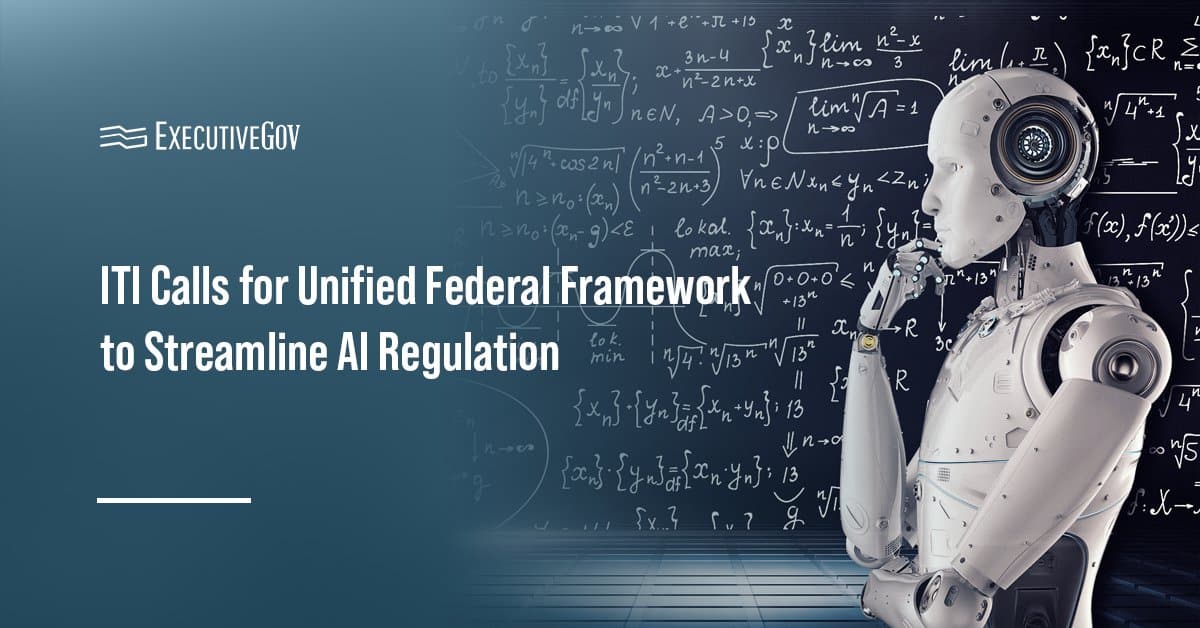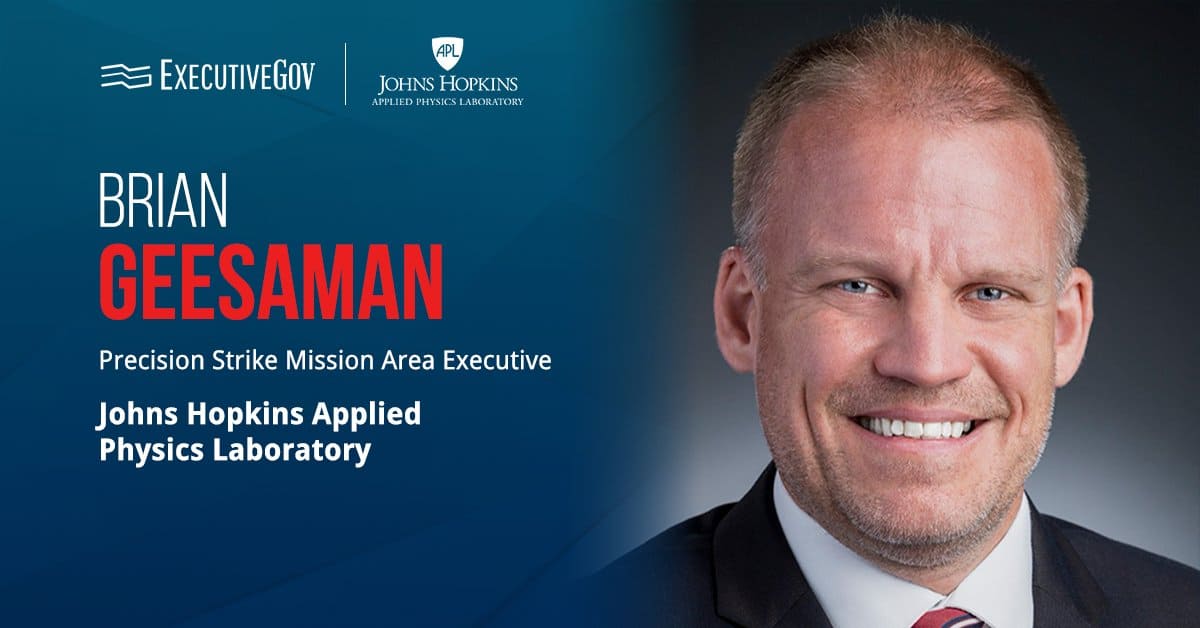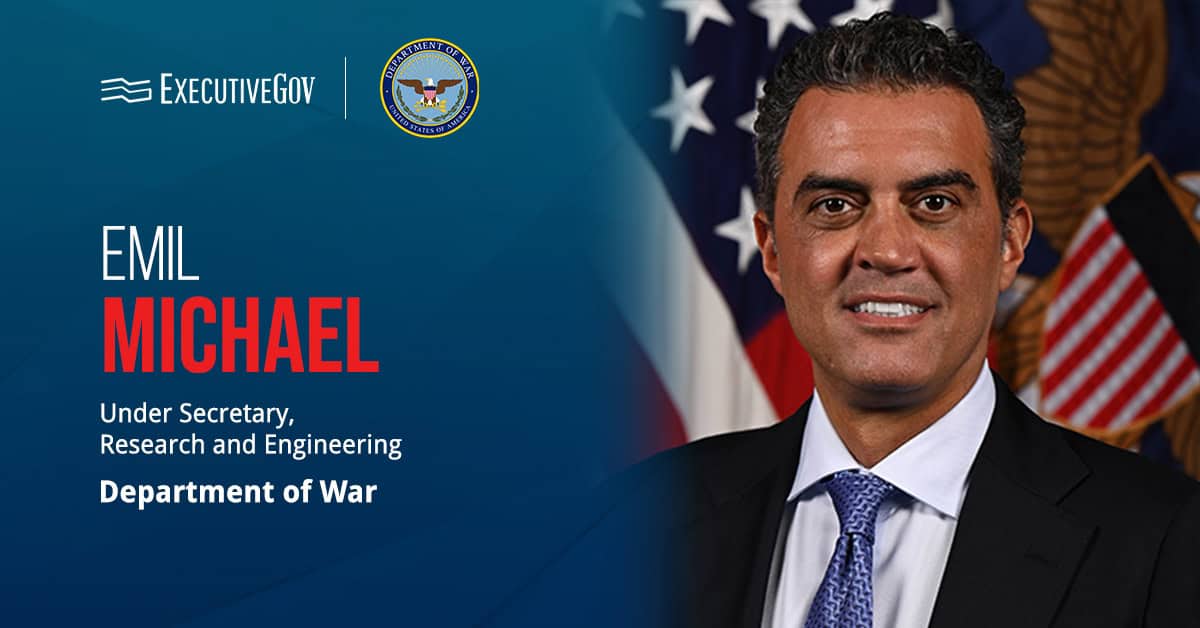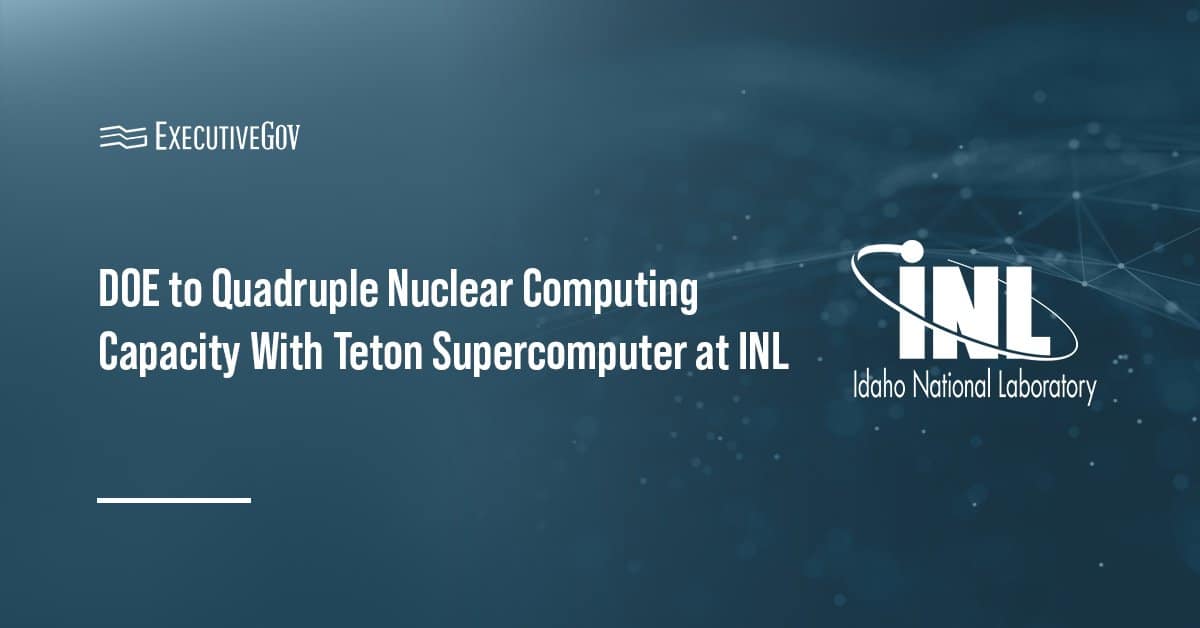The Information Technology Industry Council has submitted detailed recommendations to the White House Office of Science and Technology Policy calling for a coordinated federal framework to accelerate U.S. leadership in AI. The association said overlapping regulations and inconsistent federal guidance are slowing AI innovation and urged the administration to align policy, workforce and acquisition reforms with the pace of technology.

With calls growing for cohesive federal AI standards and modernization across agencies, Potomac Officers Club’s Artificial Intelligence Summit on March 19 will convene top voices from government and industry to explore how unified policy, infrastructure and data strategies can sustain America’s global AI edge. Reserve your seat to hear directly from the leaders guiding federal AI transformation.
Table of Contents
What Are ITI’s Key Concerns?
In its response to OSTP’s request for information on AI regulatory reform, ITI cited conflicting federal rules, outdated privacy and copyright frameworks, and fragmented state-level AI laws as significant obstacles. The group warned that more than 1,000 state bills introduced in 2025 have created “regulatory fragmentation” and rising compliance costs. ITI urged the administration to work with Congress to establish a unified, risk-based federal AI standard that preempts state regulations and provides clarity for industry.
How Should AI Regulation Be Updated?
ITI recommended modernizing outdated federal policies that do not reflect AI’s current capabilities. The group identified gaps in data access and use, privacy enforcement, intellectual property protection, and medical device approval and reimbursement processes. It also called on agencies to revisit older AI-related rules, such as voluntary AI commitments under the Biden administration and outdated model risk management guidance, to ensure consistency with the Trump administration’s AI Action Plan.
What Broader Reforms Does ITI Propose?
Beyond regulatory changes, ITI said policy reform must be matched with modernization of federal infrastructure, data systems and procurement practices. The group urged investment in AI workforce training, streamlined acquisition under the Federal Acquisition Regulation overhaul and faster pathways for approving commercial AI tools. It also called for updates to cybersecurity and authorization frameworks, such as the Federal Risk and Authorization Management Program and the Department of Defense’s Risk Management Framework, to keep pace with AI systems.
Why a Unified Federal Approach Matters
According to ITI Vice President of Policy Courtney Lang, aligning policies and regulations is critical to achieving the administration’s AI goals. “To meet the ambitious goals outlined in President Trump’s AI Action Plan, policymakers must ensure that U.S. policy and regulation is effective, clear, and flexible enough to account for AI and other emerging technologies,” Lang said.





